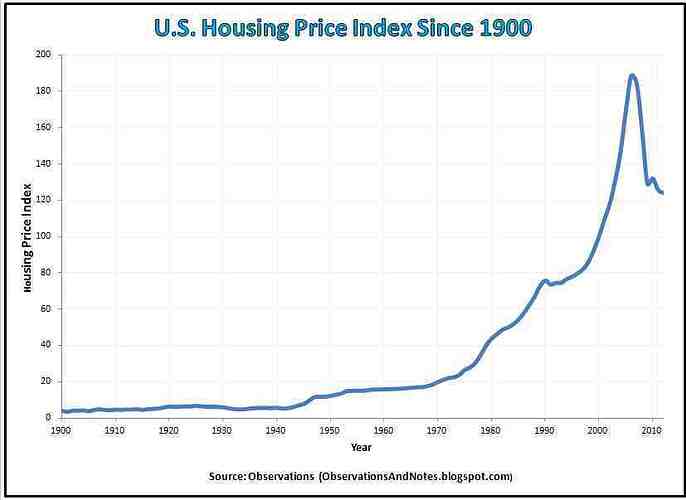Vanguard Published This after Last Dec Hike.
They are perfectly right… Sorry for long message…
In mid-December, the Federal Reserve raised
the target federal funds rate by a quarter
percentage point, to 0.25%–0.5%. The move
marked the first change to the near-zero
interest rate policy put in place during the
Global Financial Crisis that preceded
extraordinary levels of stimulative action
by the Fed.
…
Still, not all economic measures have achieved
the Fed’s goal. Core inflation, which excludes
volatile prices from such sources as energy and
food, is in its third year of running below the
Fed’s long-term target of 2%. As discussed in
Vanguard’s Economic and Investment Outlook
for 2016 (available at vanguard.com/research),
policymakers are likely to keep struggling to
achieve 2% core inflation over the medium term.
However, some deflationary forces are beginning
to moderate, including commodity prices and the
“slack” labor market (more workers than available
jobs). Inflation trends in the developed markets
should firm up, and even begin to turn, this year.
Rate hikes may be gradual
Despite the attention paid to the timing of
interest rate increases, we believe it’s more
important to focus on their pace and where the
rates stop. Vanguard’s economists expect the
Fed to make more measured, staggered rate
increases than in its previous tightening cycles,
especially given the mixed global economic
environment.
“The shallower trajectory for the federal funds
rate is likely to include an extended pause,
perhaps at 1%, so the Fed can reassess how
vigorously the economy can withstand higher
interest rates,” Vanguard Global Chief Economist
Joseph Davis said.
If this view proves correct, real interest rates—
the rate investors can expect to receive after
adjusting for inflation—would remain negative
through 2017 and only gradually normalize in a
global environment not yet ready for a positive
real federal funds rate. This would result in what
could be called a “dovish tightening.”
“Unless a stronger-than-expected acceleration
in global growth and/or inflationary pressures
emerges, we believe that long-term interest
rates, such as the 10-year Treasury yield,
may be hard-pressed to exceed 3% over
the foreseeable future,” Mr. Davis said.
